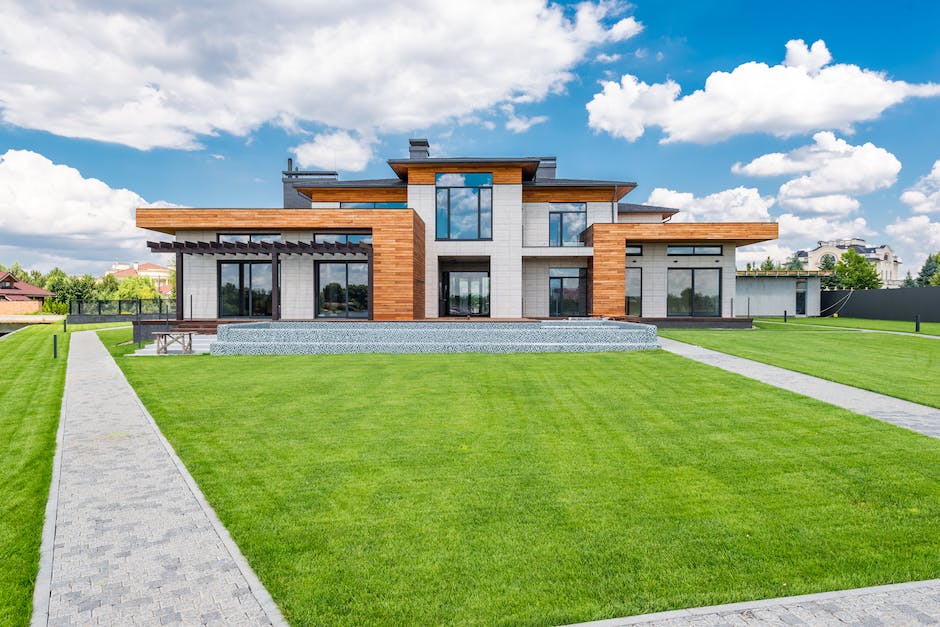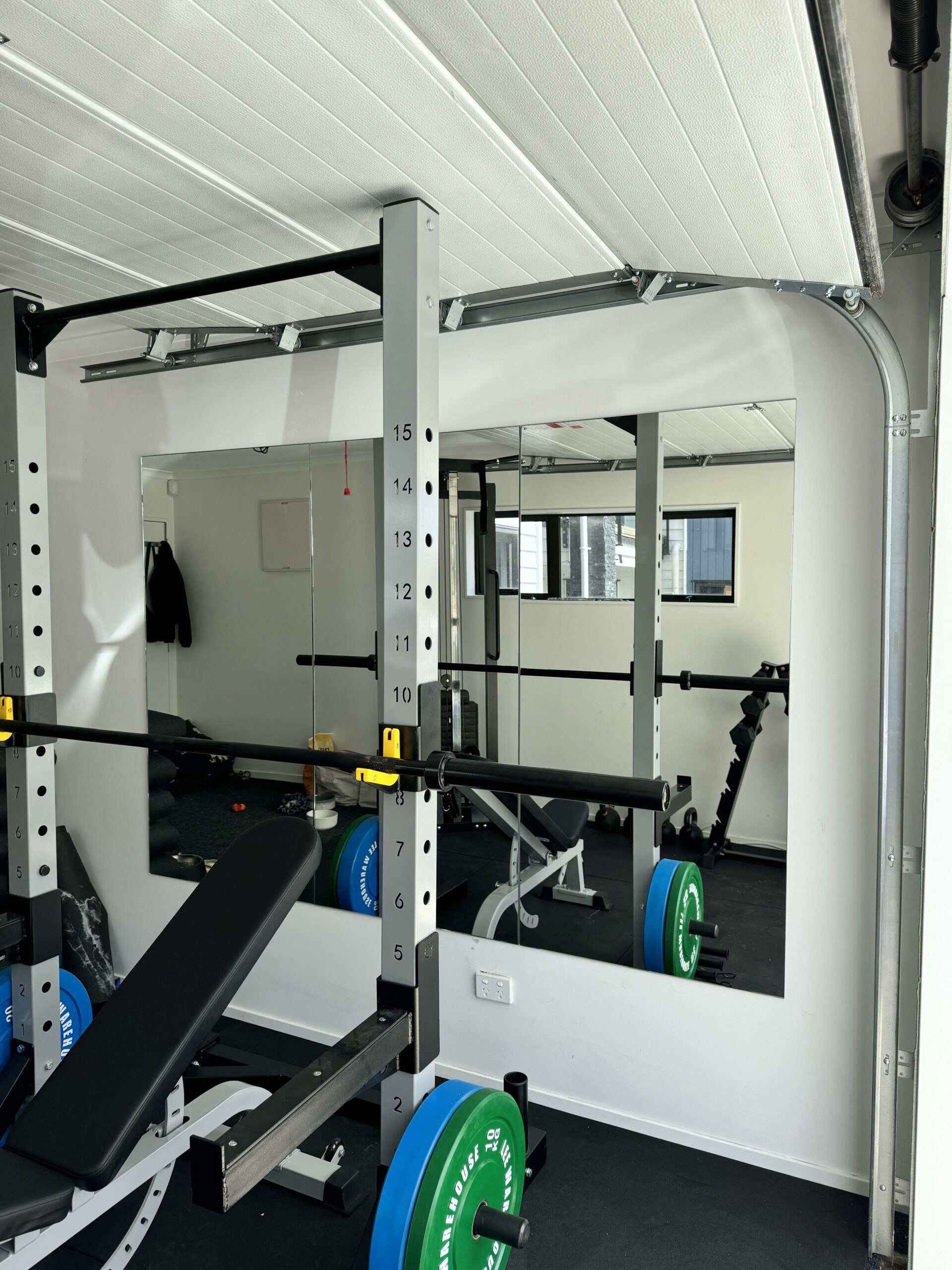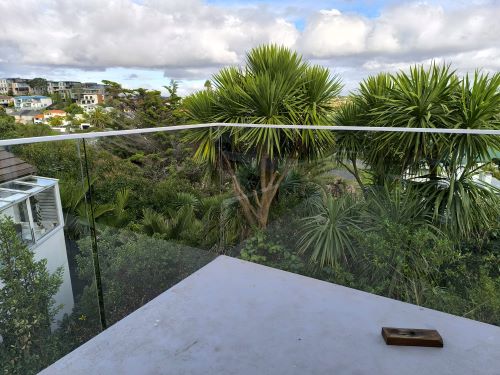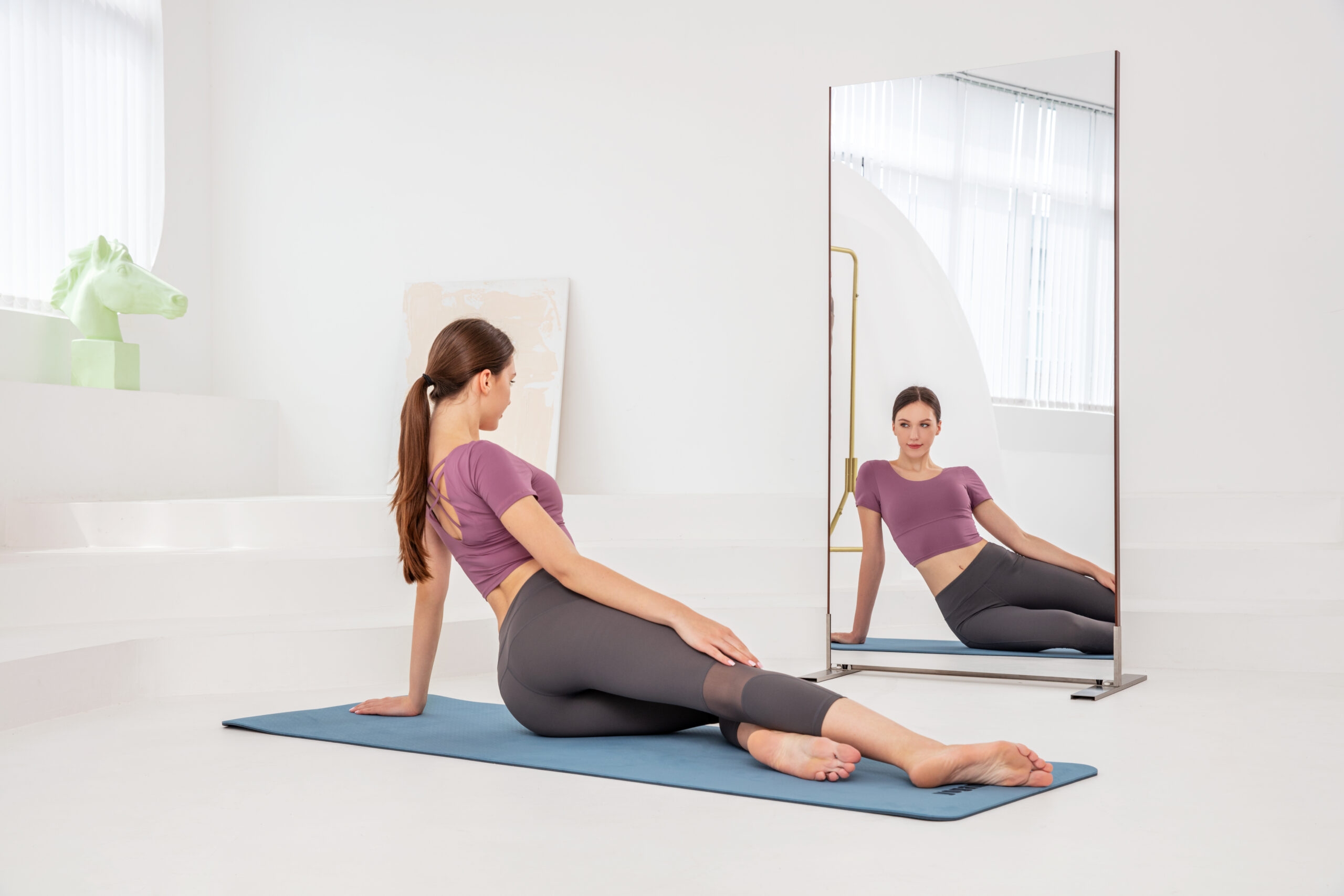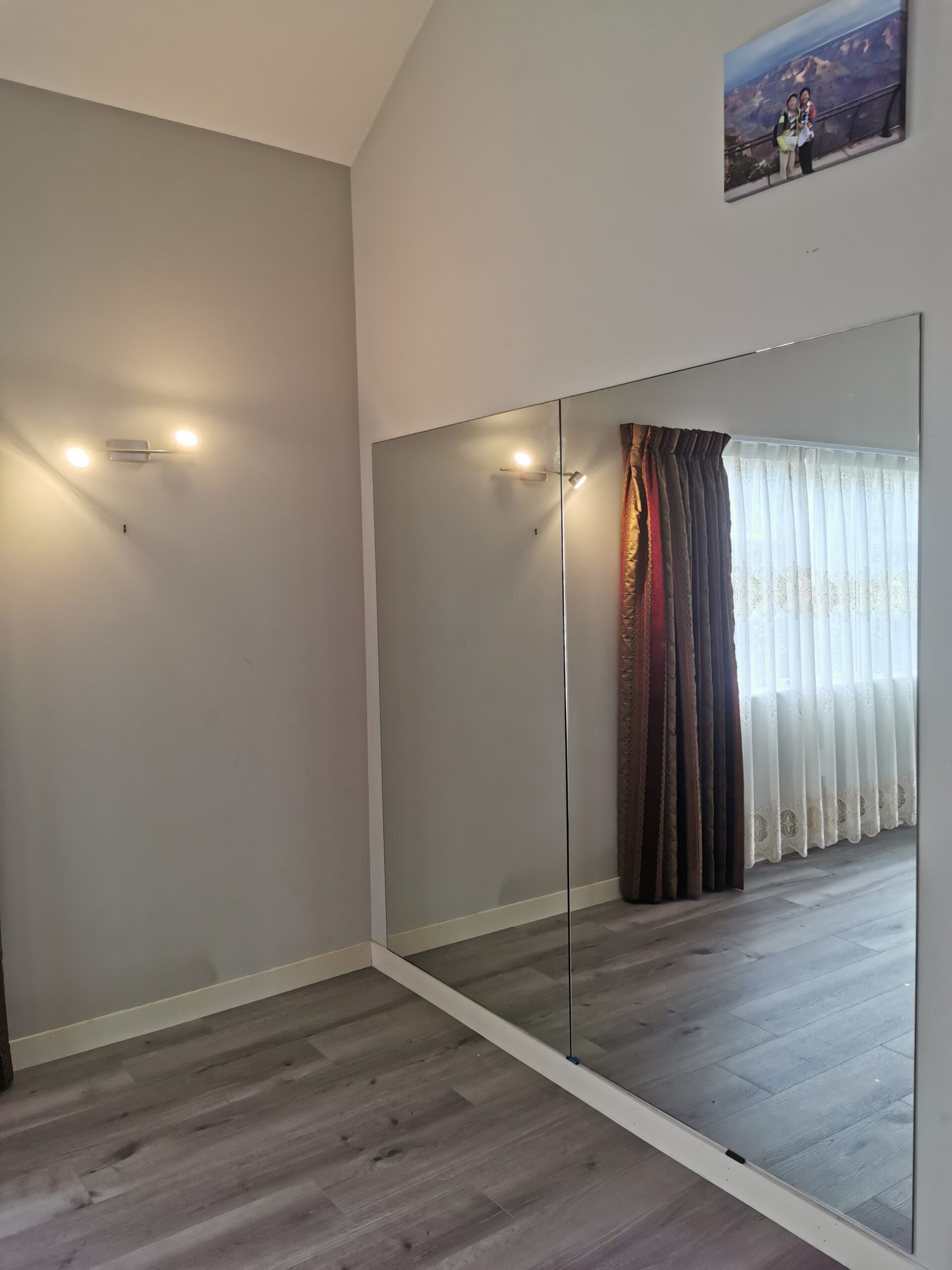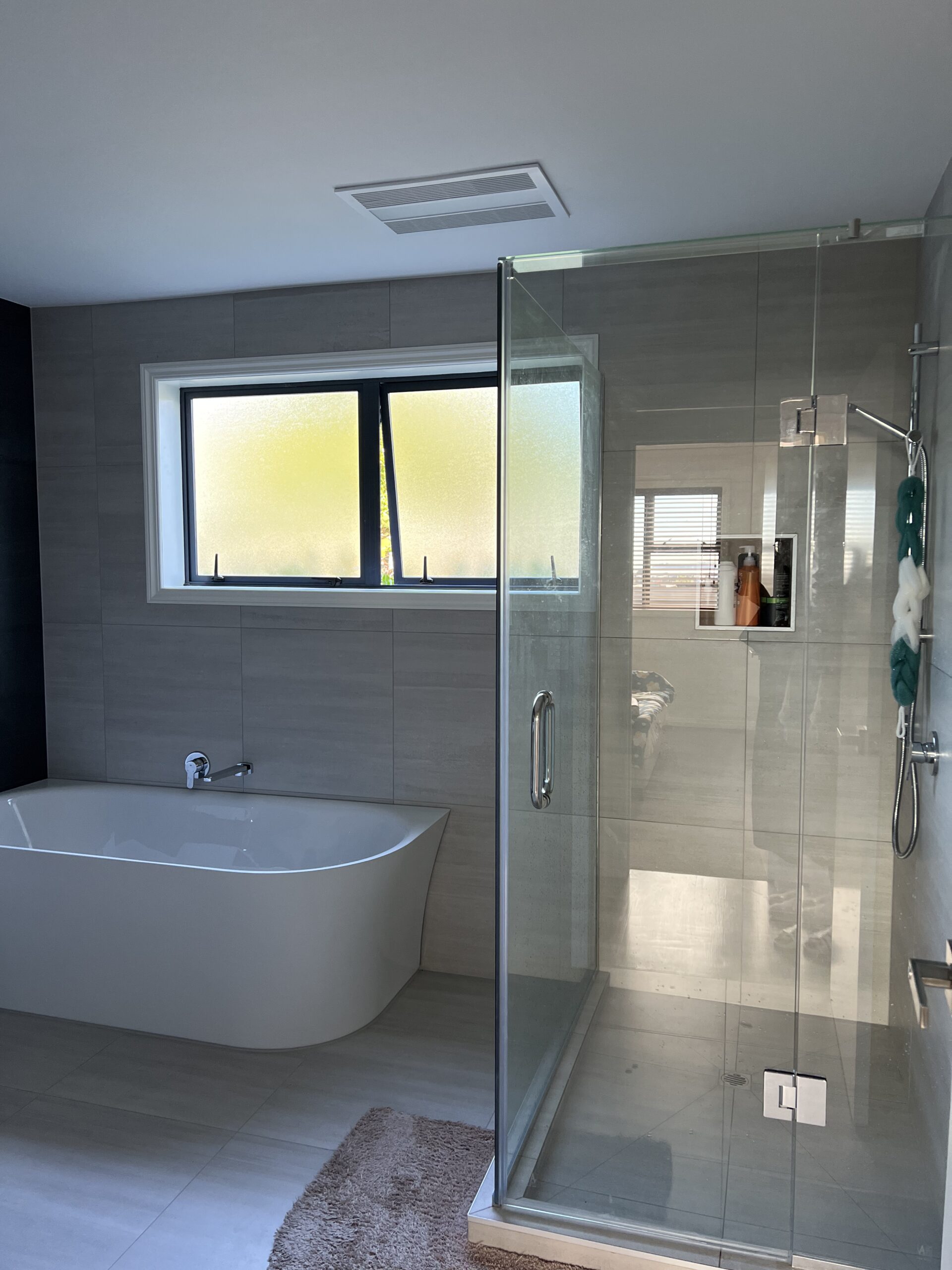When considering your next door, remember that every room has different functions. A bedroom would have very little visibility due to its function of sleep, but it could have a view or sunset as part of its atmosphere. An office or den needs to be slightly more private, so consider whether this is an issue in here!
If you’re looking for more intimate spaces, then choose glass with lead-lined glazing or picture-frame glass which creates depth and shadows within the room. For bright, airy rooms, use clear glass or even double-glazed doors.
For water views or balconies, look into frameless glass doors or ones with small pictures or framed pieces.
Choose the right door style and materials.
The type of glass you use for your doors makes a big difference to how well it functions as an entryway or window. There are three main types: sidelight, transom and sliding.
Sidelights have one very small panel that comes off the frame like a screen door. They’re typically used as doors between two other rooms, such as a bedroom and kitchen, or a bath room and outside space.
A common material for sidelights is tempered glass, which is sturdy and won’t break easily. A less expensive alternative is vacuum-sealed glass, which has an extra layer of protective film around it. This is more durable than regular glass, but may not be completely stable.
Sliding doors are similar to side entrances, except they move instead of opening up. These can be opened either fully or partially, and are great because you can access what was previously blocked off.
Transoms are just like sidelights, but they have two separate panels. Effectively, this becomes a pair of doors in one piece. Transoms are best if you need lots of natural light since you can open them up and expose larger areas.
When choosing your new windows and doors, make sure to look into the warranty. Some manufacturers offer lifetime warranties, while others only have a 90-day period.
Consider privacy levels, insulation, and ventilation options.
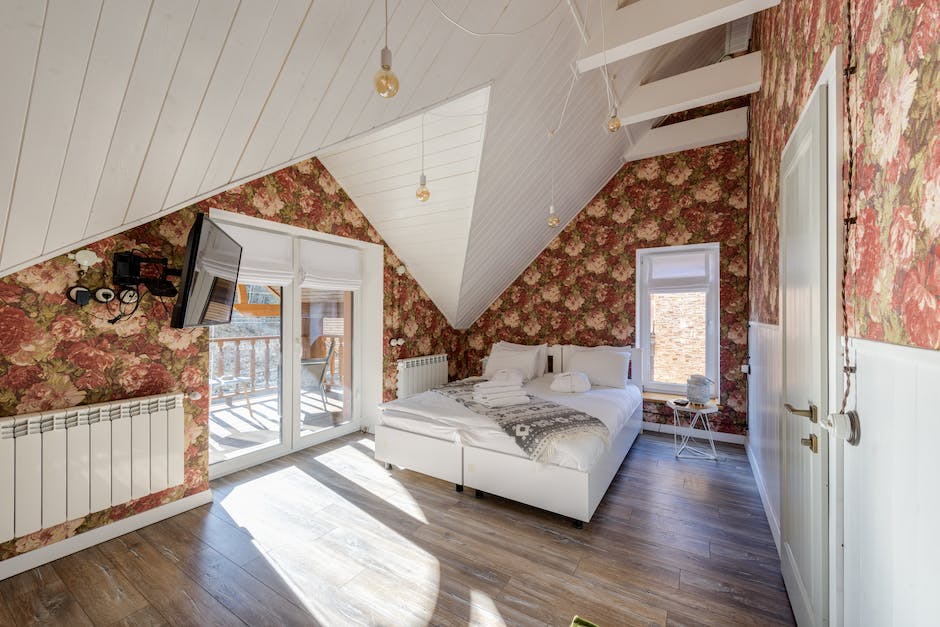
As discussed before, one of the most important features of your house is its door! The door you pick can make a big difference in how much energy your home will retain or lose through heat and air flow.
A glass door is an excellent choice when looking into this. They are very popular these days as they offer a variety of benefits.
One major benefit of having a glass entryway is that it acts as both a window and a doorway. This way people outside cannot see into your home, but you can look out easily without using up too much space.
You also get some extra natural light which helps keep your interior more aesthetically pleasing. A person walking past your house may even notice the beautiful colors and designs of the room!
However, there are still things to consider with doors. Make sure yours is sturdy and safe before buying. Also, check to see if there are any safety recommendations about them from the manufacturer.
Match accessories to your existing home decor and architecture.
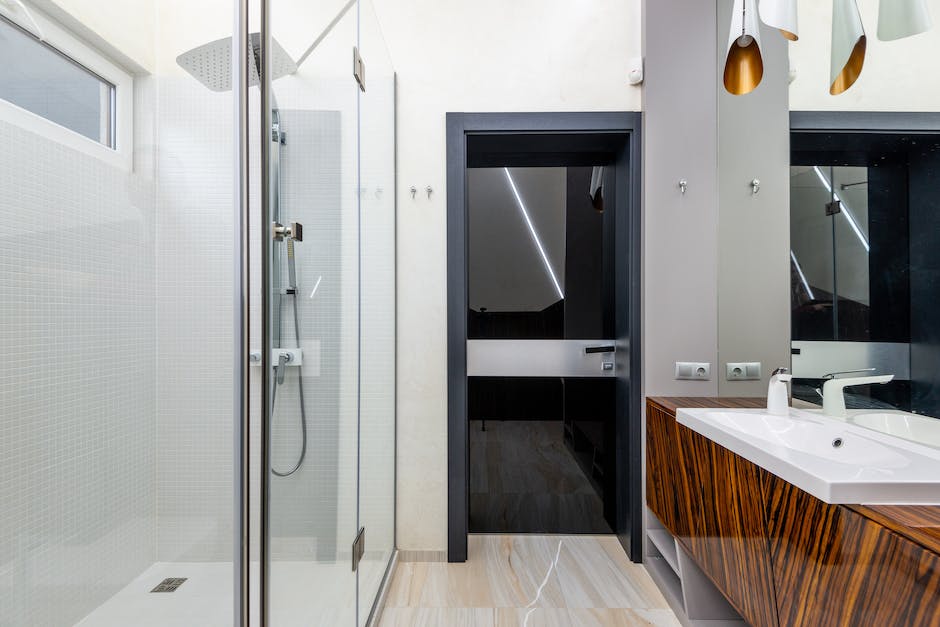
A glass door is an excellent way to increase natural light and air flow into your home, as well as creating a pretty look.
You should think about how you want to use your new glass entrance often and what type of style you would like it to have. For example, if your house already has lots of white furniture, then using a darker color palette makes sense.
If your kitchen features beautiful marble or granite countertops, going with something similar will give your entryway some prestige. Or, if there are brick walls, a lighter-colored frame can be more appealing.
Research professional installation processes to ensure optimal performance.
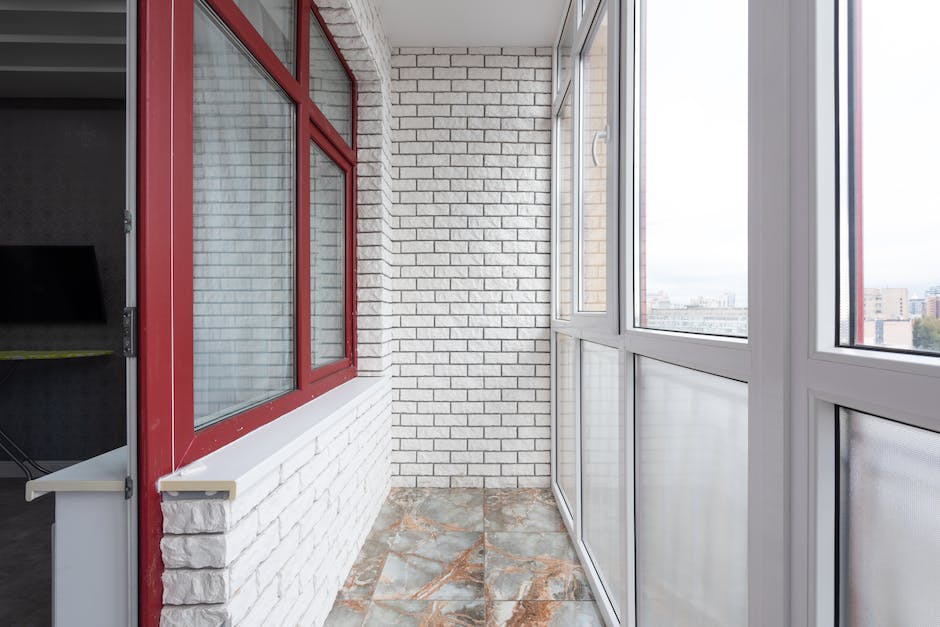
The glass door you choose will be one of the biggest investments in your home. This is important as it can increase or decrease the value of your house! As such, there are several factors to consider when looking into the best type of glazing for your home.
Firstly, research professional installation processes to make sure the doors function effectively and properly. Some brands have slightly different production methods that affect how well they work. For example, thermal breakings may not work if the windows do not join together at the frame.
Secondly, check out the overall look of the room. If you want to add some glamour, then go for very thick, strong panes of glass. Or if you like classic styles, thin, lighter ones are better. It depends what effect you desire.
Thirdly, think about where the heat enters and leaves your home. A north-facing wall or window makes your house warm in winter and hot in summer. Similarly, an east-, west- or south-facing window does the opposite. Find your ideal balance by testing with a few hours each way before buying.

